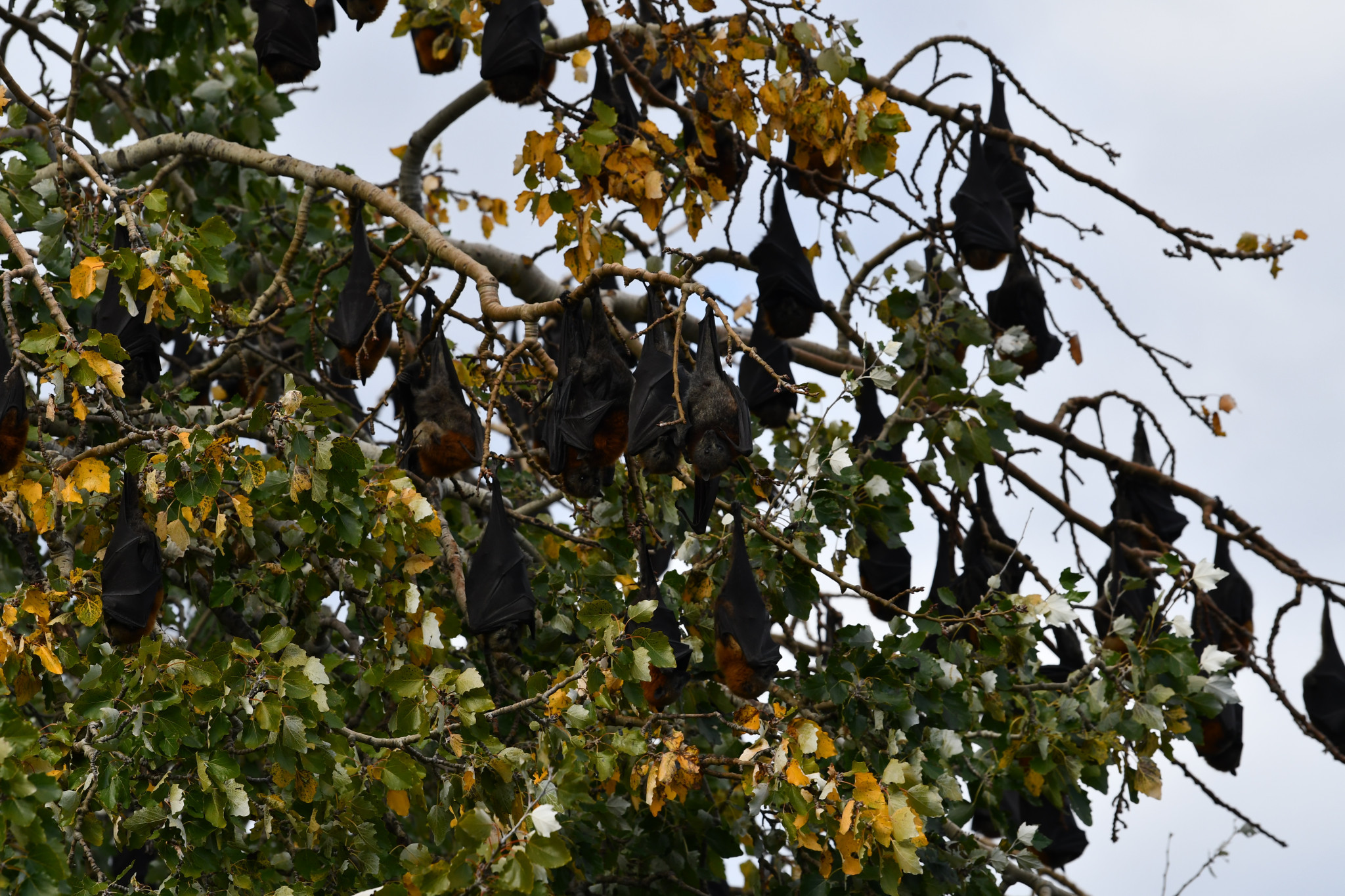Council & Business
15 April, 2025
Local bat population swells
The Central Goldfields Shire are working with an expert to help the community live along-side the town’s winged guests.

An expert from the Department of Energy, Environment and Climate Action (DEECA) has been brought in by council’s Open Spaces team as more grey-headed flying foxes roost in Phillips Gardens.
A DEECA spokesperson said they were working with council on how to manage the population.
“We're engaging with Central Goldfields Shire Council to provide advice on the management of the flying foxes currently in the area,” they said.
Council have said they will be installing “information signs” in Phillips Gardens to help the community share the space with the native species.
While it’s unclear how long the camp will be in Phillips Gardens, it’s believed their presence is seasonal.
“Some flying fox camps are permanent, others are only used seasonally or occasionally, de-pending on the food resources in the area,” DEECA’s spokesperson said.
Extended dry conditions have created a lack of food for the bats — who can travel 50 kilometres a night in the search for food.
“Grey-headed flying-foxes are great pollinators. They can also disperse seeds across the landscape, boosting forest regeneration,” DEECA’s spokesperson said.
The bats will feed on flowers and fruit across native and introduced species.
They are listed as a threatened species in both federal and state legislation.
Council remind the public as a protected species penalties will apply for any interference.
Speaking to The Addy earlier this month, Central Goldfields Wildlife Rescue (CGWR) co-founder India Armstrong said the bats were a rare treat.
“I think we’re so lucky to get them migrating through town ... it’s fantastic to see that little colony there,” she said.
Ms Armstrong encourages locals to sacrifice some fruit, allowing some branches to be free of netting.
“It’s going to benefit them and it isn’t going to change their patterns or encourage the flying foxes to stay in your yard or in the region. They are still going to migrate,” she said.
Locals are encouraged not to handle the bats for their own and the bats safety.
If you are bitten or scratched by a flying fox, council said to clean and disinfect the wound immediately and seek medical advice.
If an injured flying fox is found, Ms Armstrong said to call CGWR immediately on 0499 654 950 or visit the CGWR Facebook page.
Further information can be found at: www.wildlife.vic.gov.au/flying-foxes